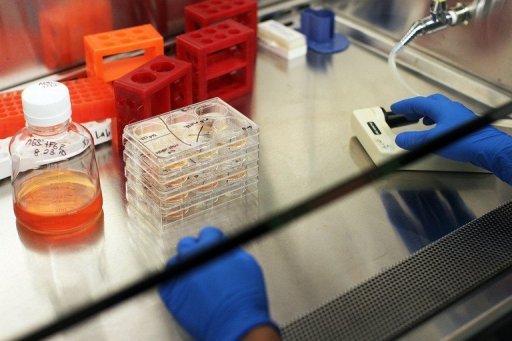Healthcare is an ever-evolving field, driven by advancements in science and technology. Regenerative medicine, a groundbreaking interdisciplinary approach, holds the promise of revolutionizing healthcare by harnessing the body’s innate ability to heal itself. This innovative field focuses on the repair, replacement, or regeneration of damaged or diseased tissues and organs. In this article, we will delve into the exciting world of regenerative medicine research programs and how they are shaping the future of healthcare. Regenerative medicine is built on the fundamental principle that the body possesses the capability to heal and rejuvenate itself. This field seeks to enhance and accelerate these natural healing processes, ultimately restoring normal tissue function. Key components of regenerative medicine include stem cell therapy, tissue engineering, and gene therapy. These techniques offer promising avenues for treating a wide range of conditions, from cardiovascular diseases and neurological disorders to orthopedic injuries.

Stem Cell Therapy
Stem cells, with their unique ability to differentiate into various cell types, are at the core of regenerative medicine. Researchers are exploring the potential of both embryonic and adult stem cells to repair and replace damaged tissues. For example, stem cell-based treatments are being developed for spinal cord injuries, where damaged nerve cells may be replaced with healthy, functional ones, potentially enabling paralyzed individuals to regain mobility.
Tissue Engineering
Tissue engineering is another pivotal aspect of regenerative medicine. It involves creating functional biological tissues or organs in the lab and transplanting them into patients. This could offer solutions to the chronic shortage of organ donors and significantly improve transplantation success rates. Researchers have already made strides in creating bioengineered organs such as bladders and tracheas.
Gene Therapy
Gene therapy plays a vital role in regenerative medicine by addressing genetic disorders at their root. Scientists are developing techniques to modify, replace, or supplement faulty genes responsible for various diseases. This approach has shown promise in treating conditions like cystic fibrosis and certain types of inherited blindness.
Regenerative Medicine Research Programs
The advancement of regenerative medicine relies on well-funded research programs. These programs bring together experts from various fields, including biology, medicine, engineering, and materials science, to collaborate on innovative solutions. The programs focus on three primary areas:
Basic Research – This aspect involves studying the fundamental mechanisms of regenerative processes, understanding stem cell behavior, and exploring the intricate details of tissue engineering. Basic research is crucial for developing a strong scientific foundation for regenerative medicine.
Clinical Trials – Clinical trials are vital for evaluating the safety and efficacy of regenerative therapies. These trials involve testing new treatments on patients to assess their real-world potential and gather critical data for regulatory approval.
Translational Research – Bridging the gap between basic research and clinical application, translational research focuses on taking laboratory discoveries and turning them into practical treatments. It often involves adapting research findings for use in clinical settings and go now.
Regenerative medicine research programs represent a beacon of hope in the field of healthcare. They offer a promising path to treat a wide range of diseases and injuries, ultimately improving the quality of life for countless individuals. Stem cell therapy, tissue engineering, and gene therapy are the pillars upon which regenerative medicine is built, and through robust research programs, these techniques are advancing rapidly.